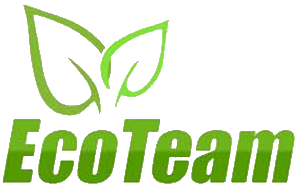Uncategorized
How to Select a Data Governance Tool
A data governance tool can help you manage the policies as well as the roles and responsibilities which govern your organization’s data. It also makes data more accessible and discoverable. It can help you automate your governance processes using pre-defined or custom workflows and help you detect data risks quickly. Certain tools also provide data lineage analysis as well as other features that can help you mitigate risks to compliance.
The need to define your needs is vital before deciding on a tool to manage data governance. This includes identifying the data you’d like to manage, the data flows and the way you plan to scale your efforts. Consider whether you want a data governance tool that is standalone or one with additional capabilities, like data integration, data qualitiy and master data management.
Collibra is a platform which provides automated governance and data management solutions, for both unstructured and Read Full Article structured data. Its features include the ability to collaborate with stakeholders, giving immediate access to the correct data, and a help desk. It allows you to create roles-based views, and employs machine learning for cataloging data assets and identifying relationships and lineage.
Quest previously known as Erwin is a software suite that provides data governance and data catalogs as well as business intelligence and data quality management. It is able to be implemented on the server or as a cloud-based service. It also supports a broad range of formats and data sources.
Riskonnect: This application facilitates collaboration between data stewards subject matter experts and other stakeholders through an out-of-the-box workflow engine and role-based dashboards. It assists in identifying and automating tasks, and also create a central repository for contracts, credentials and other documents. It also allows for automated curation of information and provides business glossaries as well as support for semantic lineage analysis.
